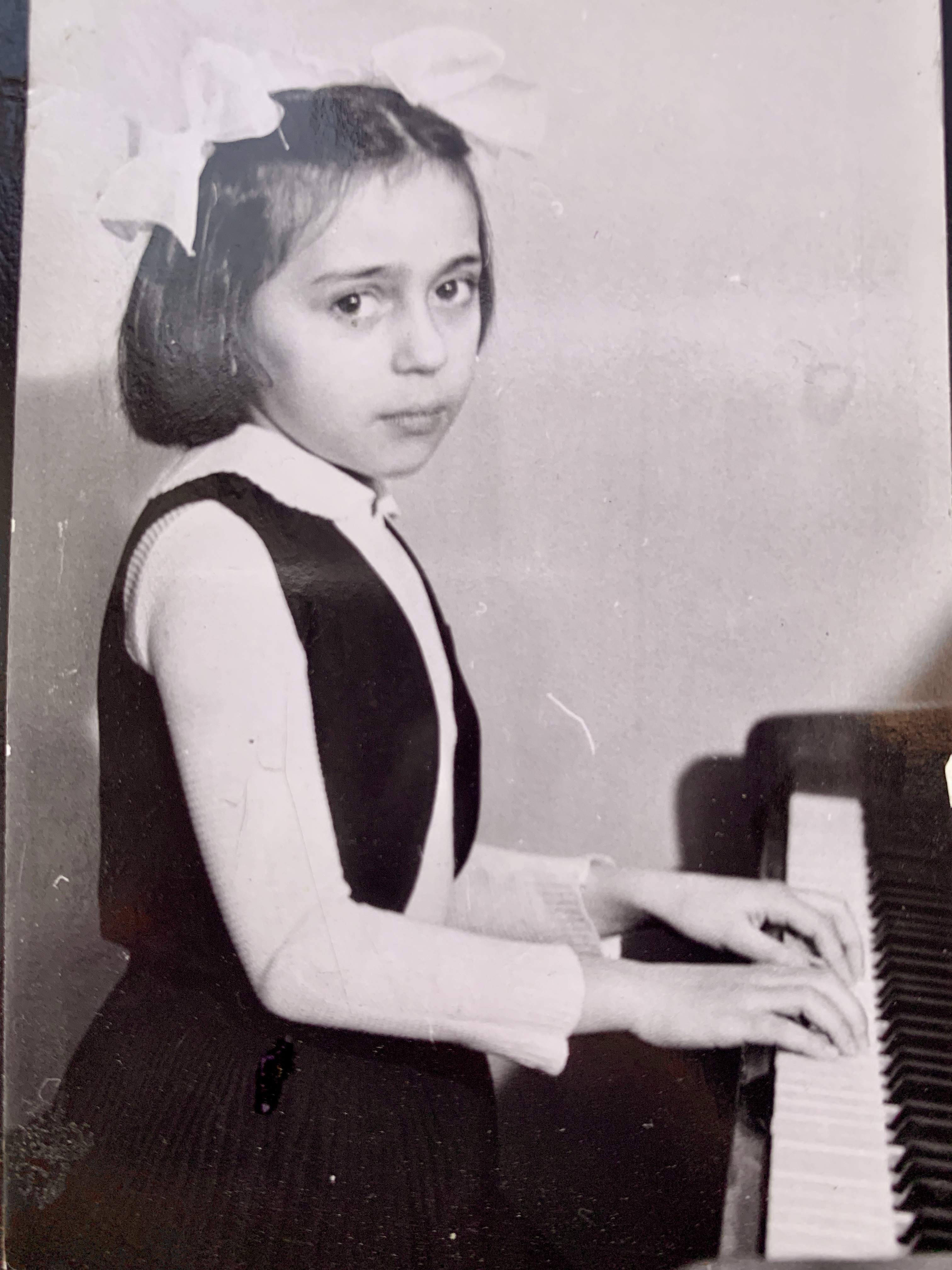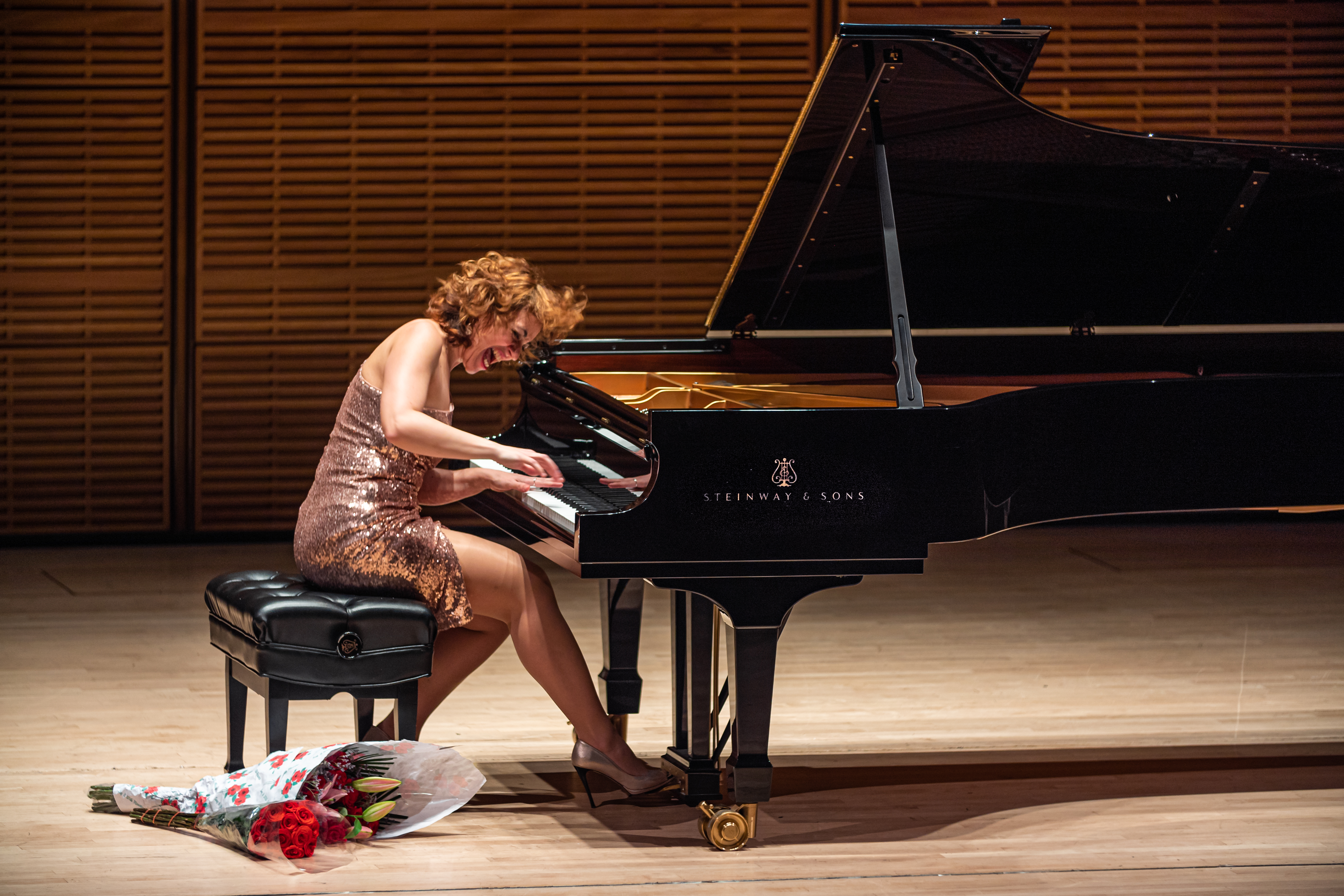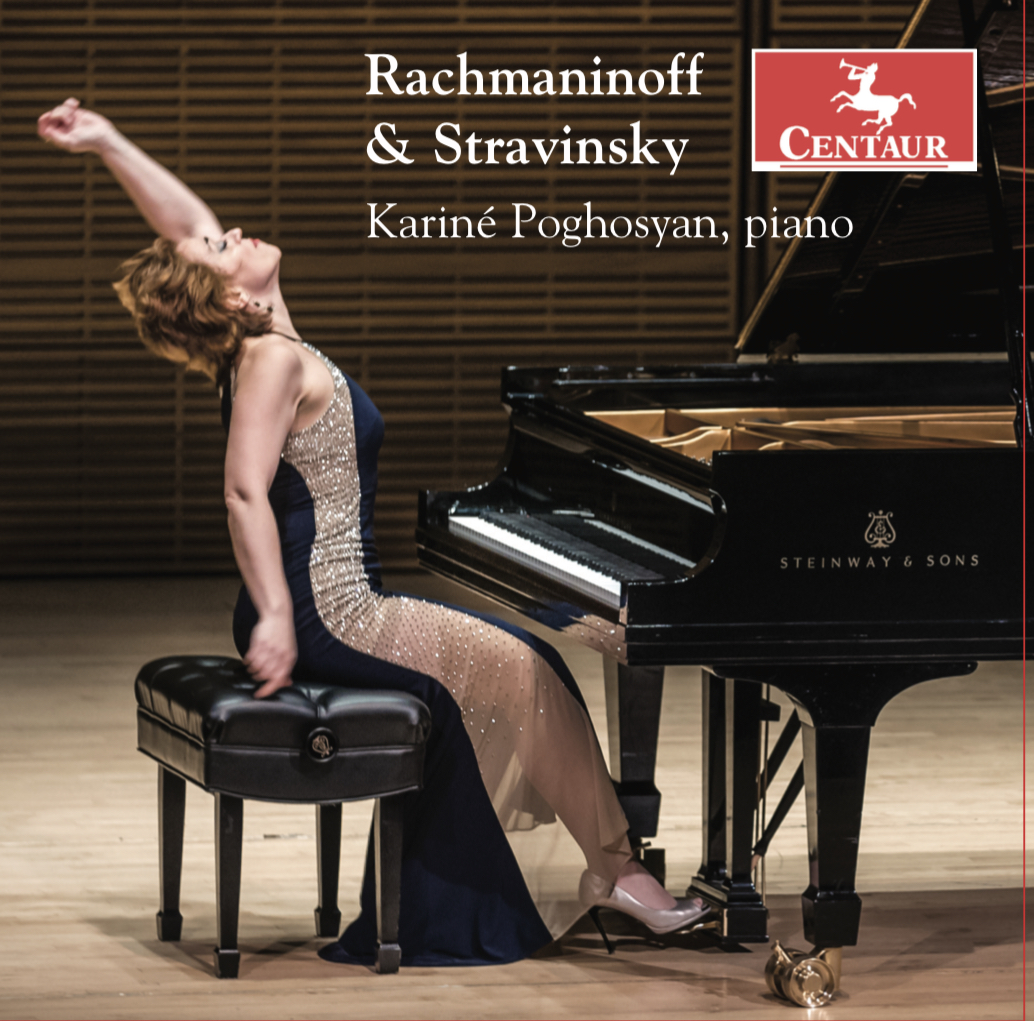“She plays the piano like a man!“ That was one of the statements in a review of my 2008 Merkin Hall debut at Lincoln Center.
I remember reading this strange expression and suddenly feeling a powerful awakening inside of me – an awakening of memories of many such statements, some even going as far back as my childhood in Yerevan, Armenia.
One particular memory from Yerevan really stood out in my mind.
I am incredibly blessed that my parents raised me to be my authentic self without consideration to what a typical Armenian female should be like. I spent as much time with my mother as I did with my father.

As a result, I remember some of our neighbors telling my father that if he doesn’t stop playing outdoor activities and games with me, I’m going to turn into a “gazan aghchik,” which translates to a “beast girl.”
Well, I guess they had anticipated this critic’s perceptions of my music making, of my instinctive gravitation toward muscular, epic and powerful piano music.
One thing that all these “critics” had not anticipated is that my own unique way of connecting to such thunderous works as Igor Stravinsky’s “Petrouchka” and “Firebird” was not only nothing to be afraid of and hide, but that it was actually going to be the greatest source of my authentic power. It was this unique form of self-expression that would help me communicate with my listeners and stand dumbfounded as dozens and dozens of audience members would line up with beaming smiles and at times tears to tell me how moved they were.
I will never forget a gravely ill woman approaching me in Italy, after a performance of Stravinsky’s “Firebird” and telling me how she felt like a new person, whole and fully alive, after hearing this great work.
All of this made me believe to my very core – one person’s drive and bright light can be contagious, and it can pass on to others, helping them find their own light.
And so, what many of these critics hadn’t anticipated was also the incredible opportunities that came my way once I fully embraced “my” unique authentic type of playing.
Last year, the iconic Centaur records engaged me to do a recording for them. My heart leaped with the clarity of exactly what I would be recording. There most certainly is something beastly in the piano music of Rachmaninoff and Stravinsky.
And there is no doubt in my mind that is exactly the kind of music that appeals to my heart the most. It somehow brings me to life in a way that nothing else ever has.
It is almost as if through playing this music I am able to go really deep—much deeper than my appearance, gender or ethnicity. I am able to go to the very core of my being that has a little piece from God in it, one that I feel lives inside each and everyone of us. We all have that little piece of God inside. Mine just happens to shine through the brightest when I am tearing through grand passionate piano works like those of Rachmaninoff and Stravinsky.
And with that core center we become truly one with our creator. We receive supernatural powers and feel like we can do anything. We start asking “Why not?” And perhaps more importantly “why not me?” The interesting thing is that I did not always have such clarity of vision as to what music speaks to me the most.

It is interesting that this clarity and acceptance of my authentic power did come only about two years ago at a particularly transformational moment in my life after meeting with one of the world’s most important music agents. It was clear that he saw great talent and promise in me, and yet at the end of our meeting, he spoke some of the most powerful words I have ever heard, which hit me like lightning. He looked at my repertoire list—which, by the way, I had filled with every single piece I knew, desperately trying to show just how much I was capable of—and he said, “I don’t quite know yet who you are as an artist.” After that meeting, I made a commitment to myself to only play music that is the most “me” and not be afraid of judgment, of being told that I play “like a man.”
From that point forward, all of my concert programs and recordings I produce, including my “Rachmaninoff and Stravinsky” recording, are born out of this specific moment of empowerment, in which I finally embraced my authenticity.
And so now, after endless hours of practice, recording sessions, and gallons of coffee, my recording of Rachmaninoff’s Moments Musicaux, Piano Sonata No. 2, Lilacs, and the two Stravinsky masterpieces – “Petrouchka” and “Firebird” has been released and will be celebrated with a concert performance at Carnegie Hall on November 4.
And as I think of this incredible full-circle moment in my life, I again remember some of those critics, but then gratefully turn my gaze toward my parents who have stood by the side of their “gazan aghchik,” encouraging her to dream big, to go all out, to play that piano like it has never been played before.
It is particularly symbolic that my CD and the Carnegie Hall program conclude with the inspiring narrative of Stravinsky’s “Firebird.” The three contrasting movements of this work present an empowering story of overcoming all things dark and unjust. Though as we reach adulthood, we tend to lose our faith in fairy tales, I believe there is a secret part in all of our hearts, hidden deep within, that still wants to believe in the power of good over evil so very badly. That part of our hearts is richly rewarded in the finale, as the glorious theme of victory, first heard quietly from afar, crescendos just like the sun slowly rising after a dark night, and fills up our hearts with a triumphant jubilation.




I will not miss this concert and purchasing the CD!
Unfortunately and fortunately, me too. ;-)
Karine, God bless you all the days of your Life. You ARE an inspiration, and it is an honor to share the same planet with you. ;-)
God Bless.☀️